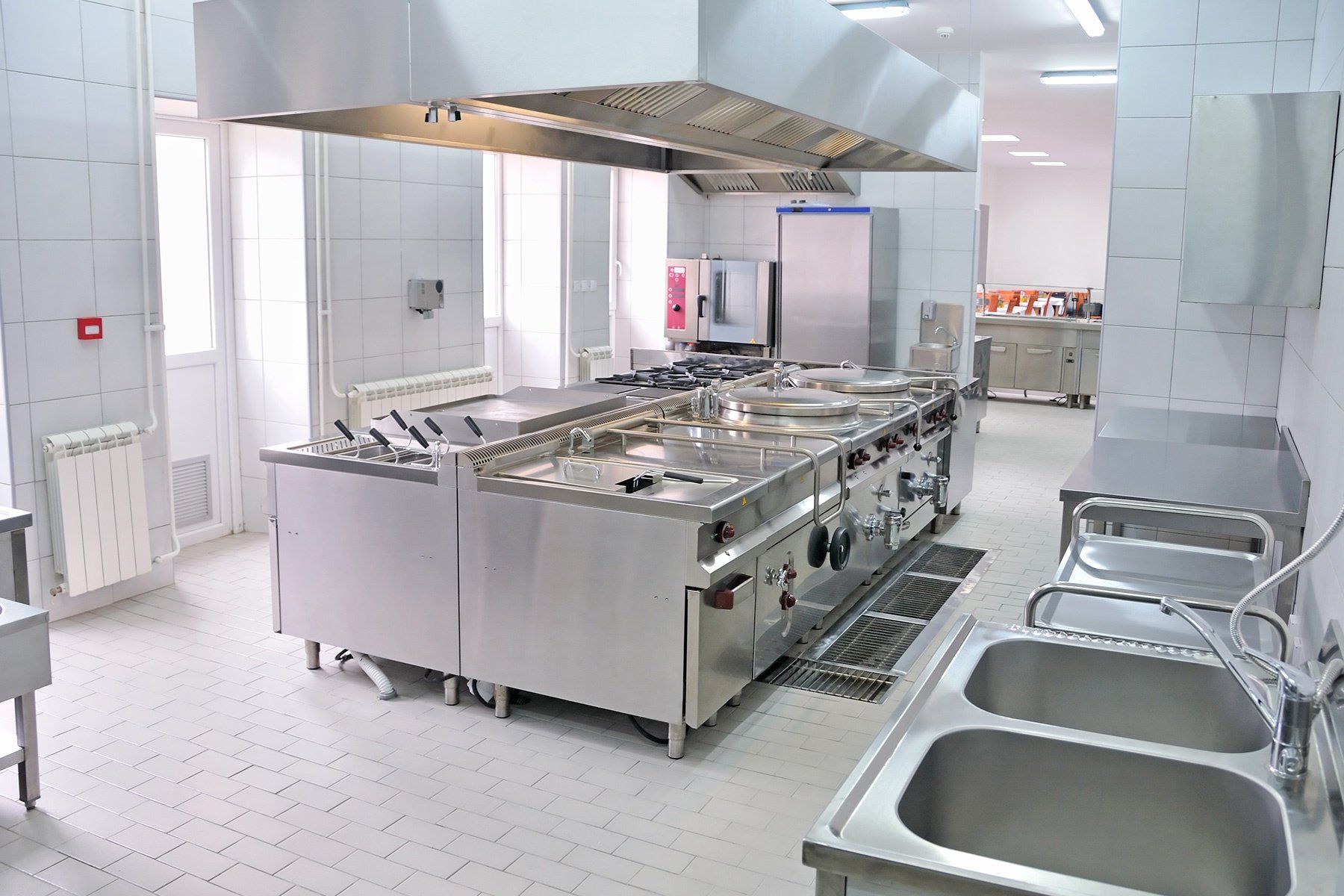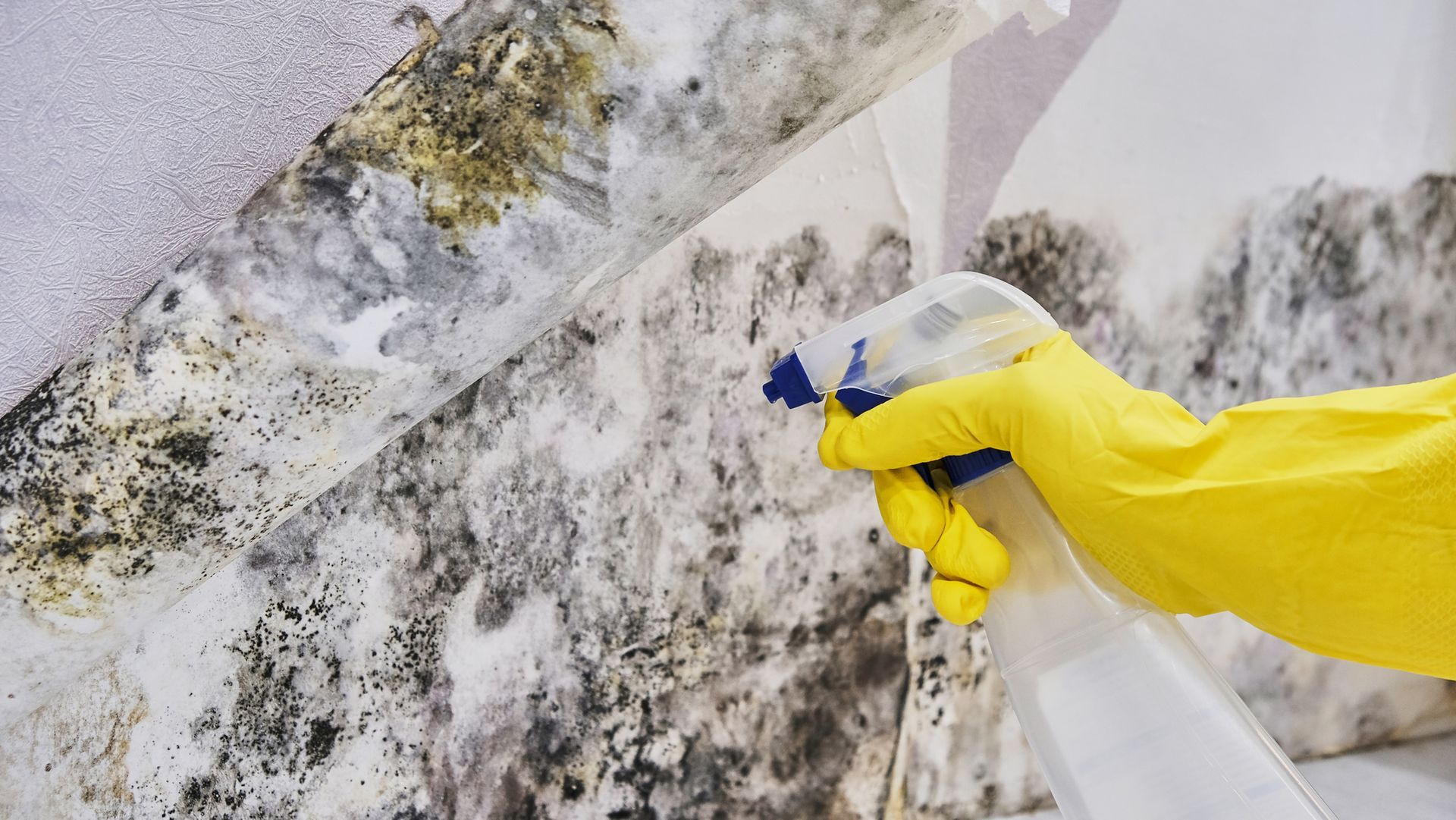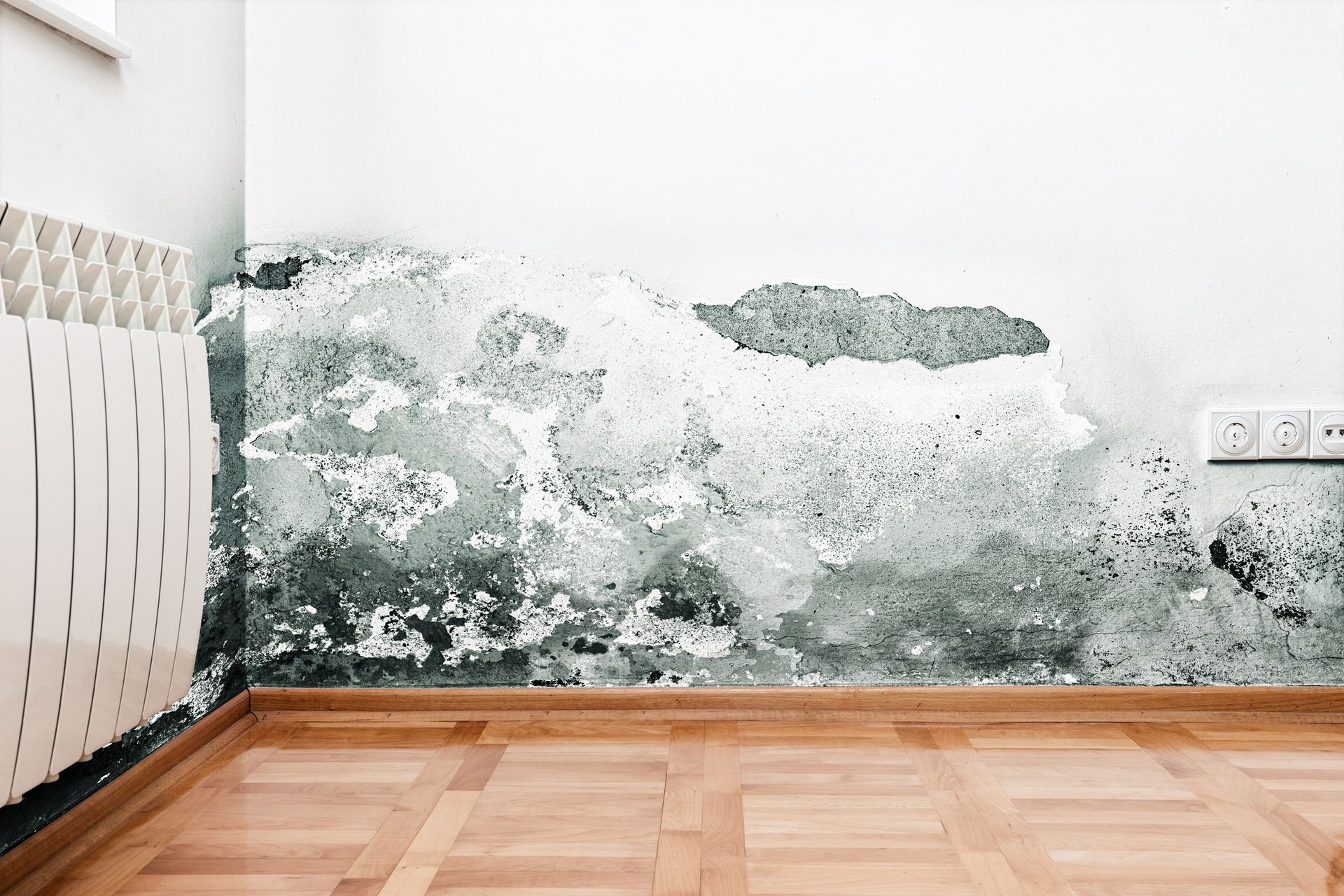What to Do If a Commercial Kitchen Floods
What to Do If a Commercial Kitchen Floods

Because most places of the world experience heavy rain at some point, building owners must devise measures to keep water out. Nothing is more aggravating than water getting into your business and causing harm to everything it comes into contact with. Among the many operating zones, you must keep your kitchen secure.
Commercial kitchens, especially if you own a hotel or restaurant, are where you make meals for the building's tenants. Fortunately, the tips below may be useful in dealing with kitchen flooding.
Tip #1: Immediately turn off the fuse box.
If your commercial kitchen floods, turn off the fuse box as soon as possible. The water may come into touch with electrical items if it rises quickly. Because water conducts electricity, people must not be allowed to walk around in order to avoid electrocution.
This is why, in the event of a flood, many commercial kitchen owners install outlets and plugs that are higher than normal. Once the water has receded, do not turn on the fuse box or use the sockets. You should hire an electrician to inspect your wiring for any indications of water damage.
Tip #2: Protect appliances and other electrical equipment by covering or removing them.
Any electrically powered cooking items or equipment must be covered or removed as soon as possible when the kitchen is flooded. If a flood is expected in your area, be prepared by removing any electrical cooking equipment ahead of time to ensure it is not damaged. It also minimizes the expense of all flood-related damage, allowing funds to be allocated to repair or improve other areas of the kitchen.
Tip #3: When cleaning up after a flood, wear protective gear.
If you don't have time to hire a professional cleaner, your building's kitchen and cleaning staff can clean up the mess with mops and buckets. However, before allowing them to clean up the kitchen flood, make sure they're wearing protective gear like boots and gloves, as the water may be contaminated.
The only thing you can do is be careful when removing the water from the kitchen because you'll never know where it came from. The water might have come from the plumbing system and included a range of harmful germs. Make sure your personnel are wearing the proper cleaning equipment if you don't want them to become sick. It is usually preferable to consult a water damage restoration professional to deal with the flooding.
Tip #4: Stop the Water Leak at the Source
If the water level in the kitchen remains unchanged even after hours of dumping the water. You may not have noticed a specific area with flowing water, which is what is causing the flood to worsen. You may need to contact a contractor, especially if the hole requires the use of cement or a specific sealant to keep water out.
If your contractor is taking too long, you can simply cover the area with a rug until they arrive. It won't completely stop the leak, but it will help to keep the water out of the kitchen. When the experts come, they'll be able to remove the rug and correctly fill the hole, effectively resolving the issue.
Tip #5: Examine the property both before and after the restoration.
The easiest way to minimize flooding in your kitchen is to hire a construction inspector to check the structure's structural stability. You may be unaware that your kitchen has major damage that has to be repaired right now. Water can enter the kitchen through small gaps or breaches in the walls, ceilings, or floors, causing extensive and costly damage.
If you weren't expecting your kitchen to get flooded during the storm, you'll need to hire an inspector to figure out how the water got in. It's possible that the water came from flooded sewers or small openings in windows, or it may have come from drainage pipes. Because flooding can occur in a variety of places in the kitchen, you should contact building inspection services as soon as possible.
Contact Restoration 1 of Towson now if your business kitchen or space has been flooded and you require restoration services.












